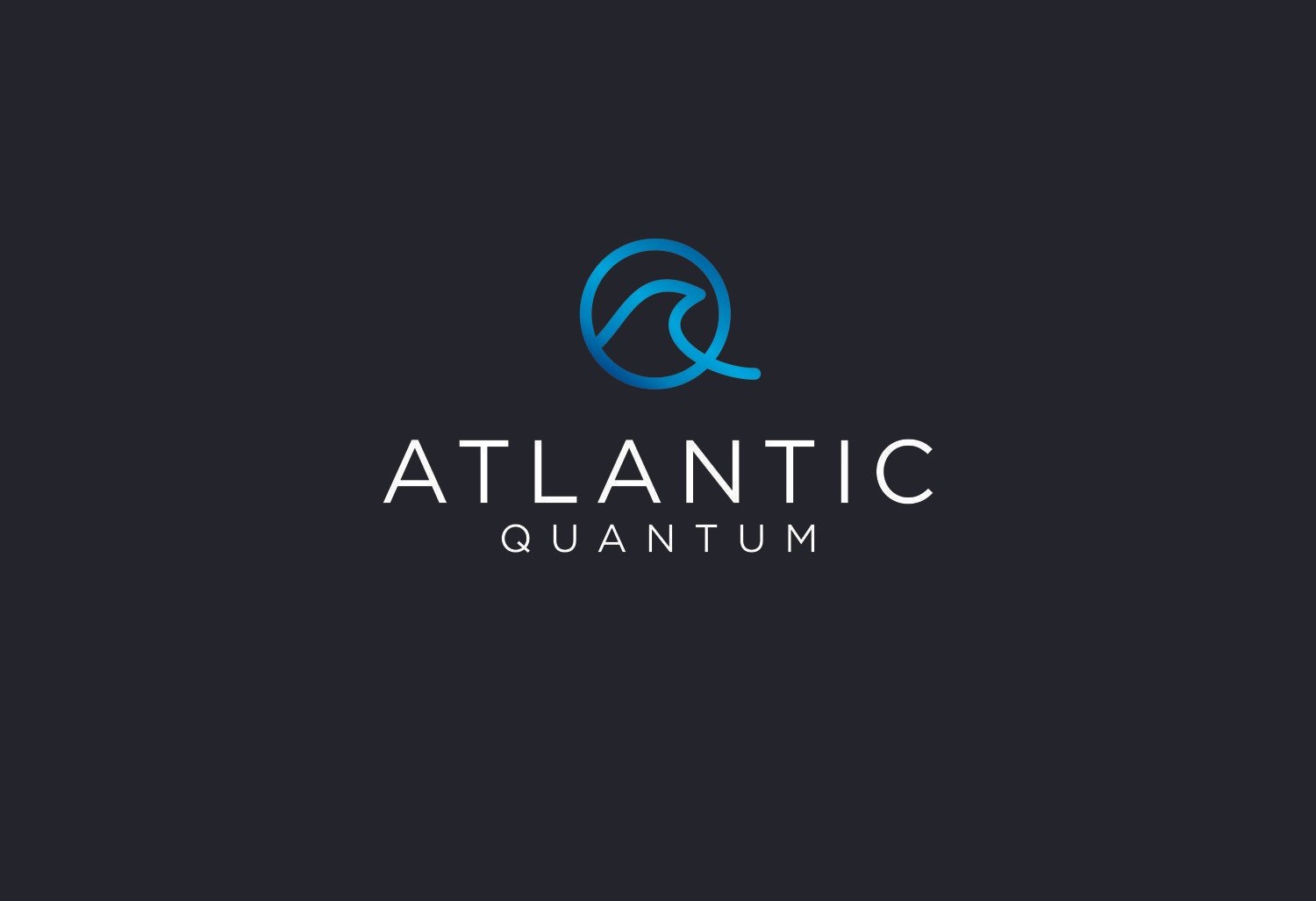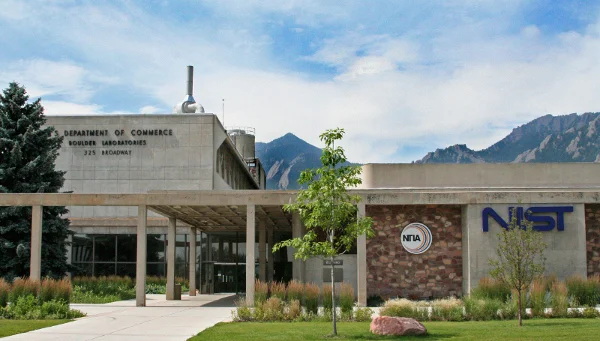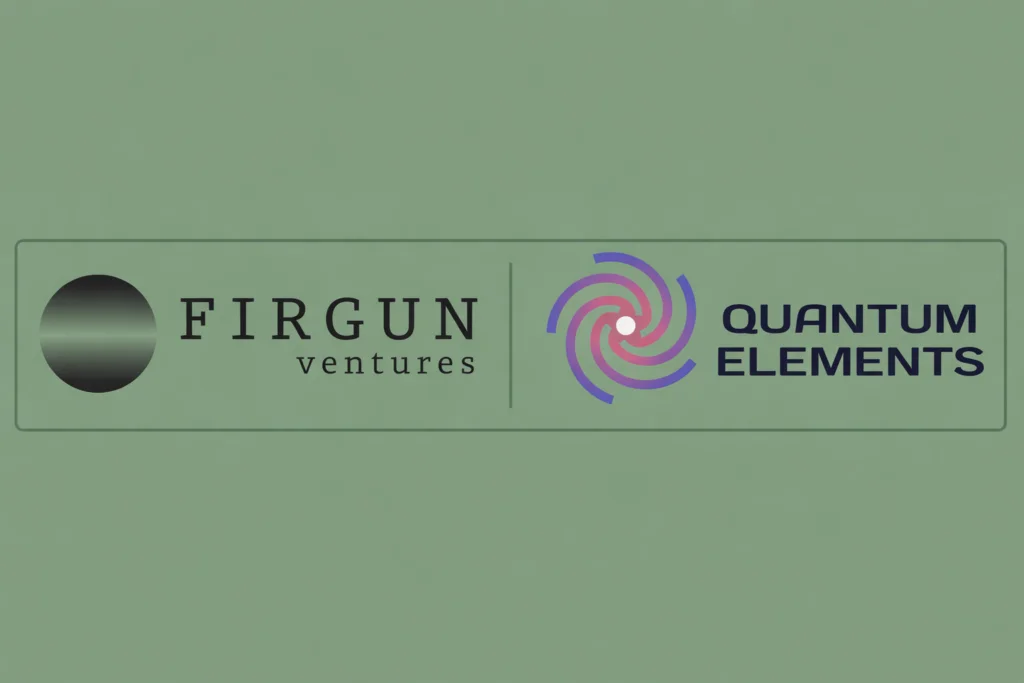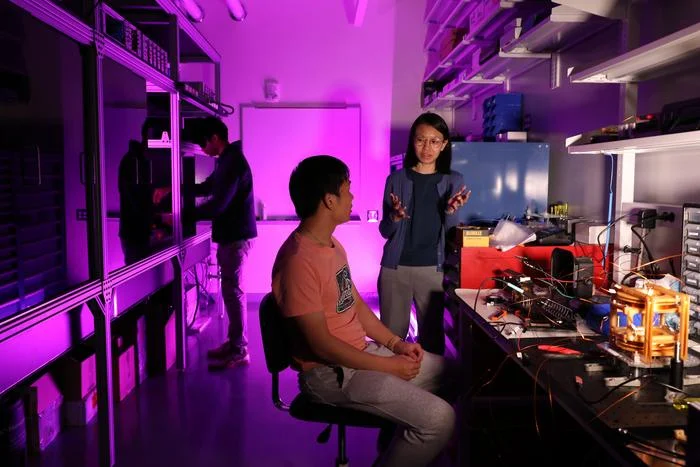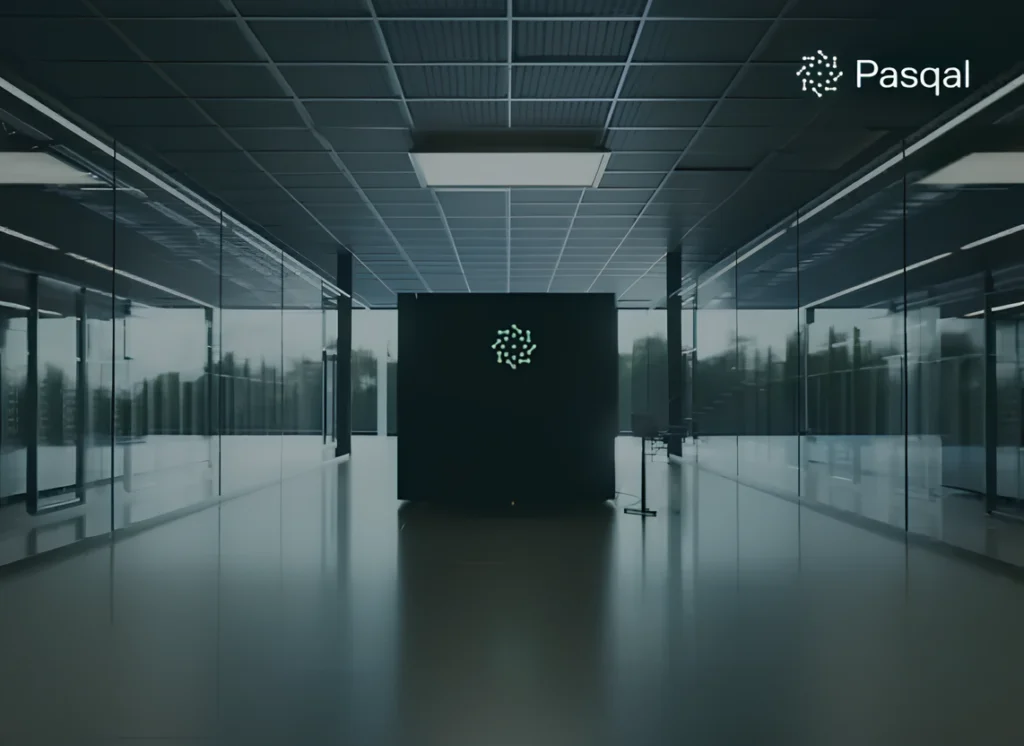Insider Brief:
- Atlantic Quantum, in collaboration with MIT’s Kevin P. O’Brien, received a $1.8 million Phase II STTR grant from AFWERX to develop scalable superconducting quantum computers for the Department of the Air Force (DAF), enhancing U.S. national defense capabilities.
- The grant supports Atlantic Quantum’s efforts to push the boundaries of fault-tolerant quantum computing, with a focus on creating high-performance, secure quantum systems designed to meet national security needs.
- Professor Kevin P. O’Brien’s Quantum Coherent Electronics group at MIT will contribute innovations in quantum components, including quantum-limited amplifiers, to improve quantum processor readout in collaboration with Atlantic Quantum.
- The AFWERX STTR program, a partnership with the Air Force Research Laboratory (AFRL), is designed to streamline the innovation process for small businesses by reducing bureaucratic hurdles and accelerating the award process.
PRESS RELEASE — Atlantic Quantum, in collaboration with Professor Kevin P. O’Brien at the Massachusetts Institute of Technology (MIT) Quantum Coherent Electronics (QCE) group, announces it has been selected by AFWERX for a Phase II STTR grant in the amount of $1.8 million focused on developing utility-scale superconducting quantum computers to address the most pressing challenges in the Department of the Air Force (DAF). The Air Force Research Laboratory and AFWERX have partnered to streamline the Small Business Innovation Research (SBIR) and Small Business Technology Transfer (STTR) process by accelerating the small business experience through faster proposal to award timelines, changing the pool of potential applicants by expanding opportunities to small business and eliminating bureaucratic overhead by continually implementing process improvement changes in contract execution. The DAF began offering the Open Topic SBIR/STTR program in 2018 which expanded the range of innovations the DAF funded and now on August 15, 2024, Atlantic Quantum will start its journey to create and provide innovative capabilities that will strengthen the national defense of the United States of America.
“This award reflects the strong collaboration between Atlantic Quantum and MIT, where our foundational research began and continues to advance. Our partnership with AFRL allows us to push the boundaries of scalable quantum computing, providing innovative solutions for critical national security applications. We’re excited to deepen this relationship with AFRL and contribute to the future of secure, high-performance quantum technologies for national competitiveness,” said Bharath Kannan, Co-founder & CEO of Atlantic Quantum.
“This STTR grant allows us to validate new innovations in components for quantum computers, such as quantum-limited amplifiers, directly with leading system integrator Atlantic Quantum. This feedback loop will drive innovation in the readout of quantum processors,” said Atlantic Quantum’s grant collaborator Kevin P. O’Brien, Associate Professor at the Massachusetts Institute of Technology (MIT).

The views expressed are those of the author and do not necessarily reflect the official policy or position of the Department of the Air Force, the Department of Defense, or the U.S. government.
About Atlantic Quantum
Atlantic Quantum is enabling a step change in global computing capabilities by developing scalable, fault-tolerant quantum computers. Our approach is the only solution that will allow commercial and national security end-users to experience quantum compute without compromising on clock speed, errors, or scalability. Since spinning out of MIT Professor William D. Oliver’s lab in 2022, we have repeatedly set world records for low error rates. Our combined US and EU presence helps attract talent, investments, and partnerships to accelerate the development and commercialization of scalable quantum computing. Find us at http://www.atlantic-quantum.com.
About Kevin O’Brien
Kevin O’Brien is an Associate Professor of Electrical Engineering and Computer Science (EECS) at the Massachusetts Institute of Technology where he leads the Quantum Coherent Electronics group (QCE). He received a BS in physics from Purdue University, a PhD in physics from UC Berkeley, and completed postdoctoral work at UC Berkeley developing high-coherence superconducting quantum processors. He joined MIT and the Research Laboratory of Electronics in 2018. His research focuses on engineering nonlinear and quantum-mechanical light-matter interactions using superconducting circuits. Learn more at https://qce.mit.edu/index.html.
About AFRL
The Air Force Research Laboratory is the primary scientific research and development center for the Department of the Air Force. AFRL plays an integral role in leading the discovery, development, and integration of affordable warfighting technologies for our air, space and cyberspace force. With a workforce of more than 12,500 across nine technology areas and 40 other operations across the globe, AFRL provides a diverse portfolio of science and technology ranging from fundamental to advanced research and technology development. For more information, visit afresearchlab.com.
About AFWERX
As the innovation arm of the DAF and a directorate within the Air Force Research Laboratory, AFWERX brings cutting-edge American ingenuity from small businesses and start-ups to address the most pressing challenges of the DAF. AFWERX employs approximately 370 military, civilian and contractor personnel at five hubs and sites executing an annual $1.4 billion budget. Since 2019, AFWERX has executed over 6,200 new contracts worth more than $4.7 billion to strengthen the U.S. defense industrial base and drive faster technology transition to operational capability. For more information, visit afwerx.com.

